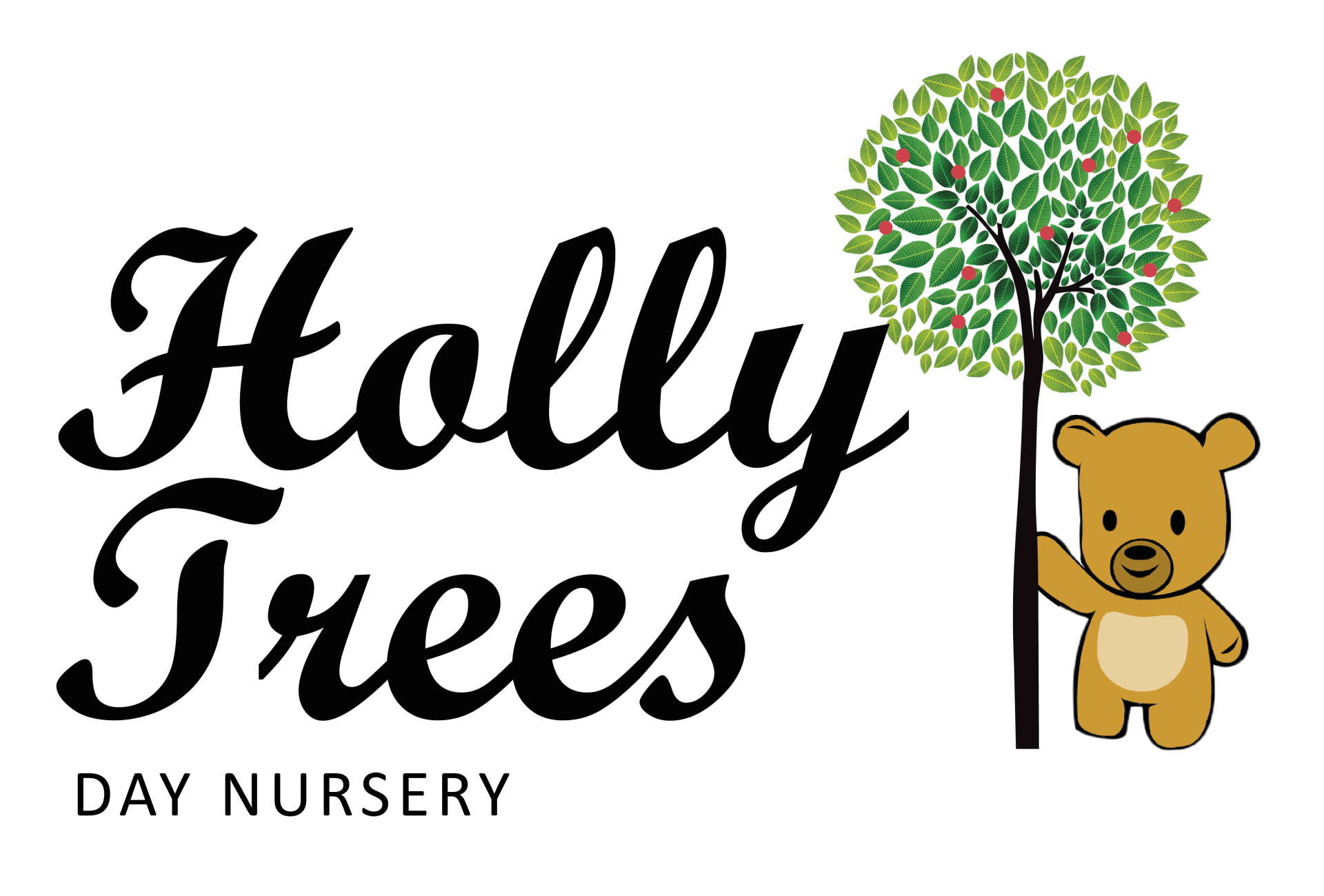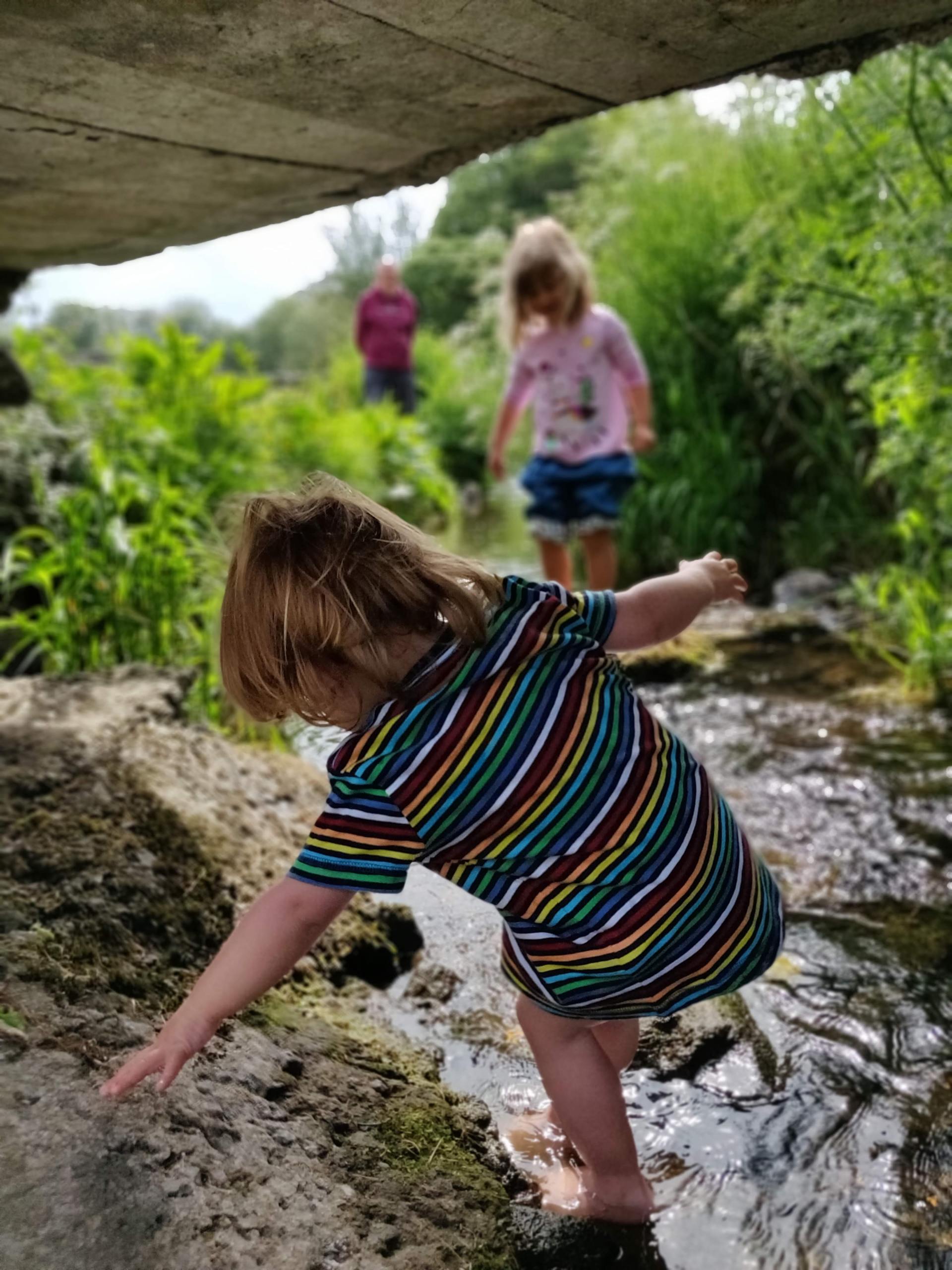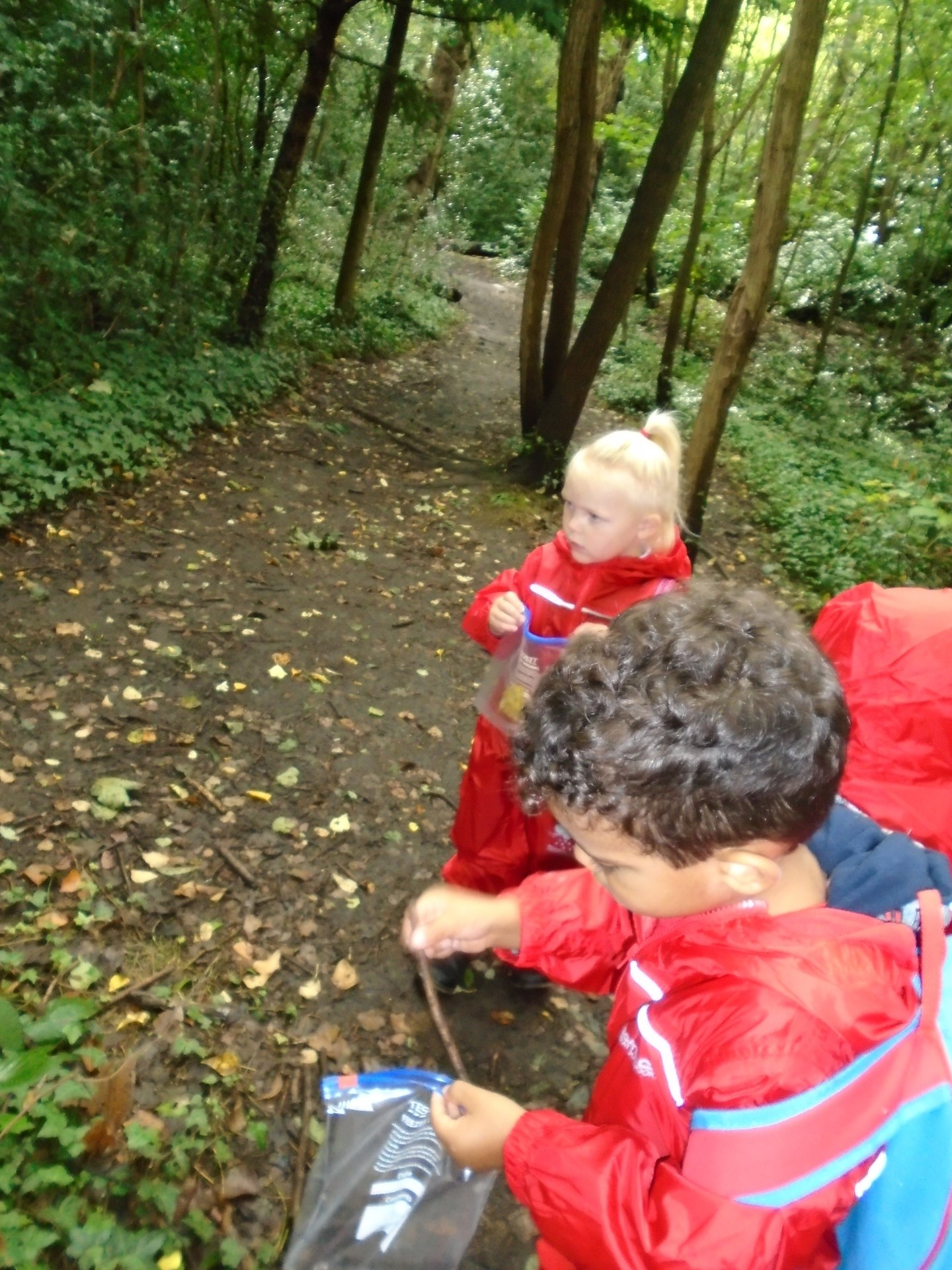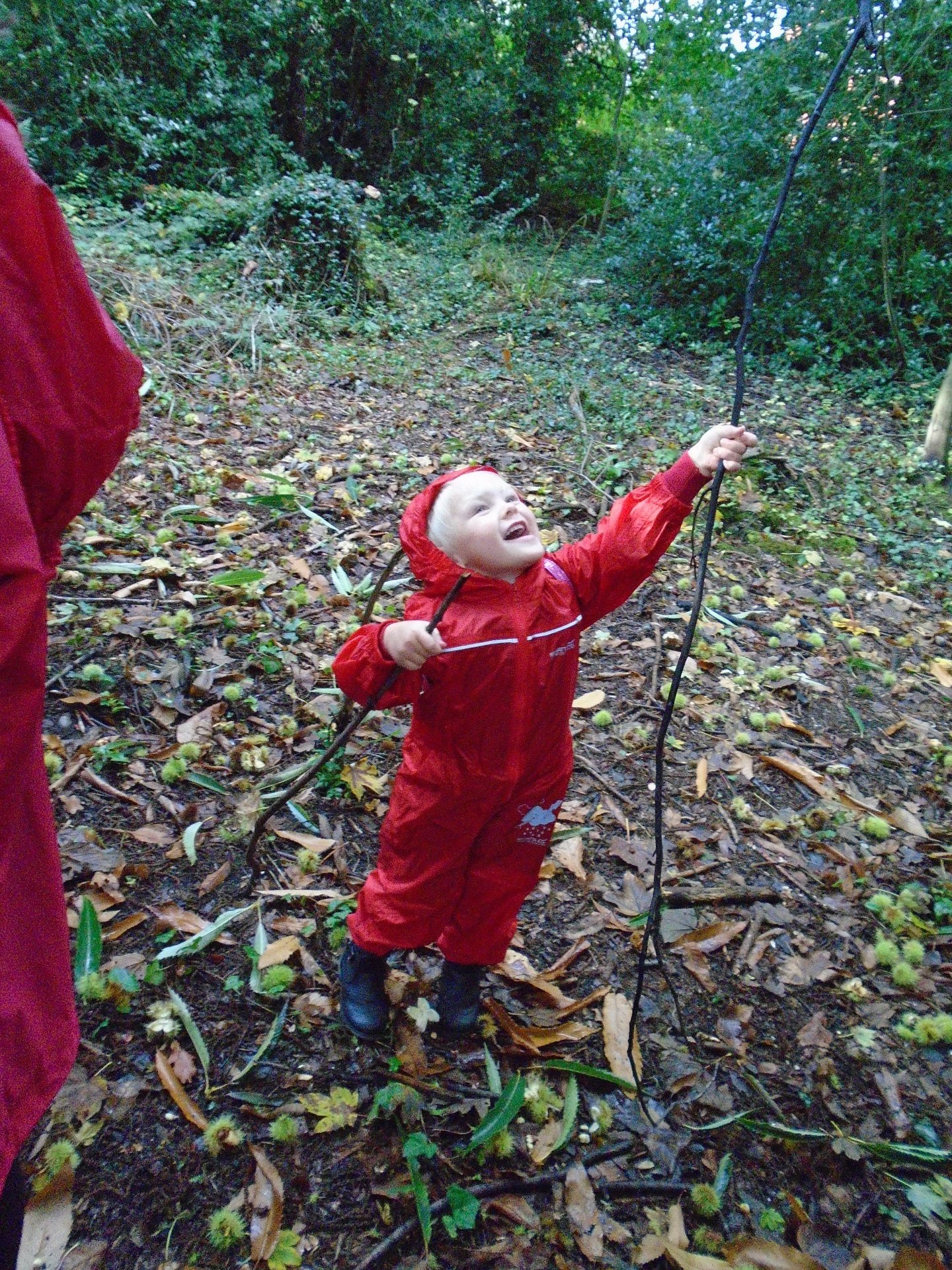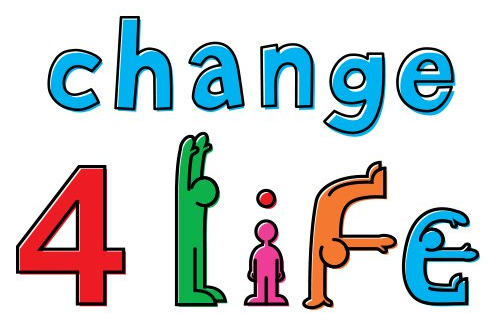Forest School Ethos
A dynamic approach to learning
The Ethos of Forest School is based on a fundamental respect for children and young people and for their capacity to instigate, test and maintain curiosity in the world around them.
Forest School believes in children's right to play, the right to access the outdoors (and in particular a woodland environment) the right to to access risk and the vibrant reality of the natural world and the right to experience a healthy range of emotions, through all the challenges of social interaction, to build a resilience that will enable continued and creative engagement with their peers and their potential.
Forest School Benefits
Here we have listed the benefits to children when they learn outside.
Learning in the Outdoors
Forest School is based more on the process of learning than it is on the content - more on the 'how' than the 'what'. This means that genuine Forest School practice steps boldly out of the shadow of limitation of 'planned activities' and ventures collaboratively into the realms of the unplanned, unexpected and ultimately unlimited.
Children and young people are given encouragement to direct their own learning - this often requires catalysing on the part of the Forest School leader, either through stimulating play in the outdoors or through 'scaffolding' a child's learning but mostly through simply observing how children are in the outdoors.
The Woodland Environment
Significantly and on many levels, a woodland environment is central in supporting this very dynamic approach to learning: the passage of time, from the changing of the seasons, to the contemplation of an ancient tree, the dynamic nature of an outdoor environment - an infinite source of smells, textures, sounds and tastes; a range of visual stimuli from near to far, high to low, very big to very small; and the infinite layers of historical, cultural and mythological significance that speak of our deep relationship with trees and woodland through the ages.
